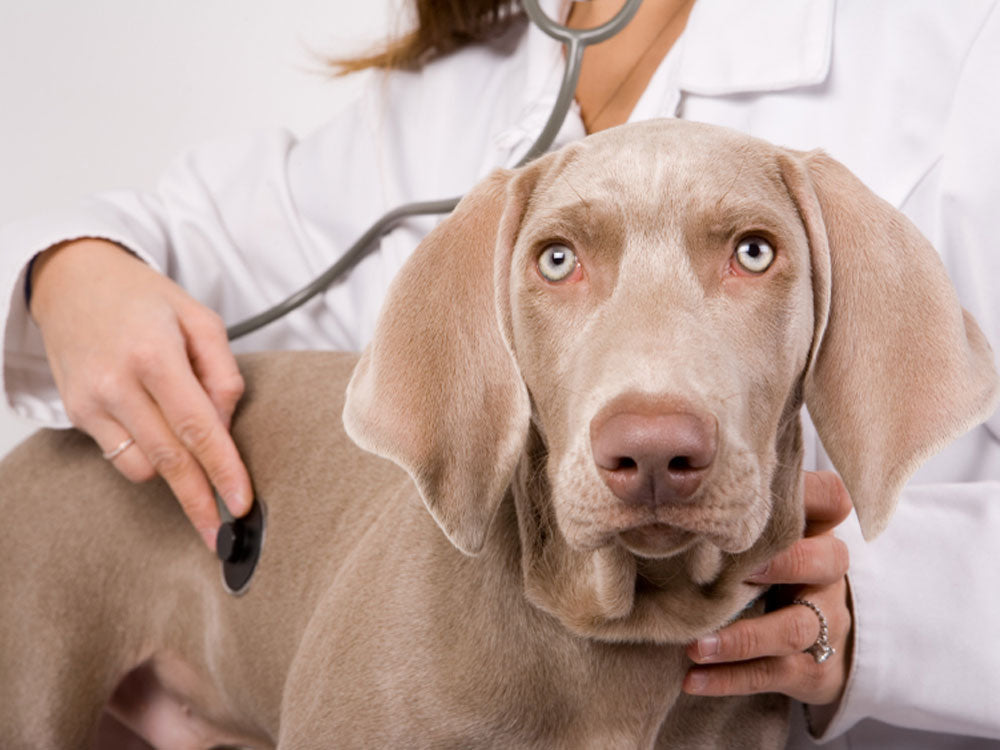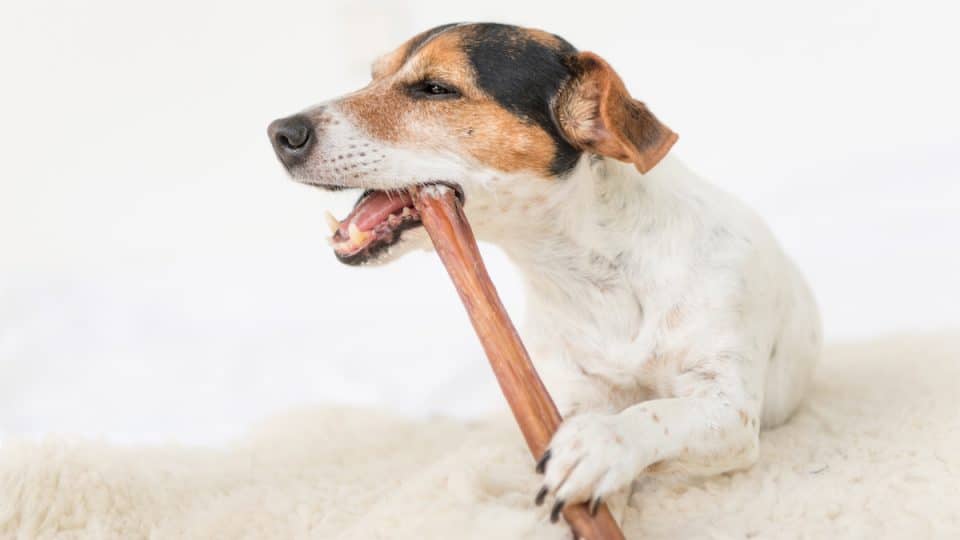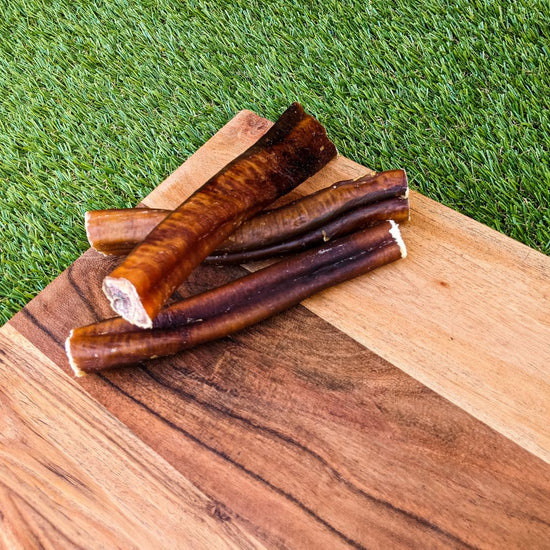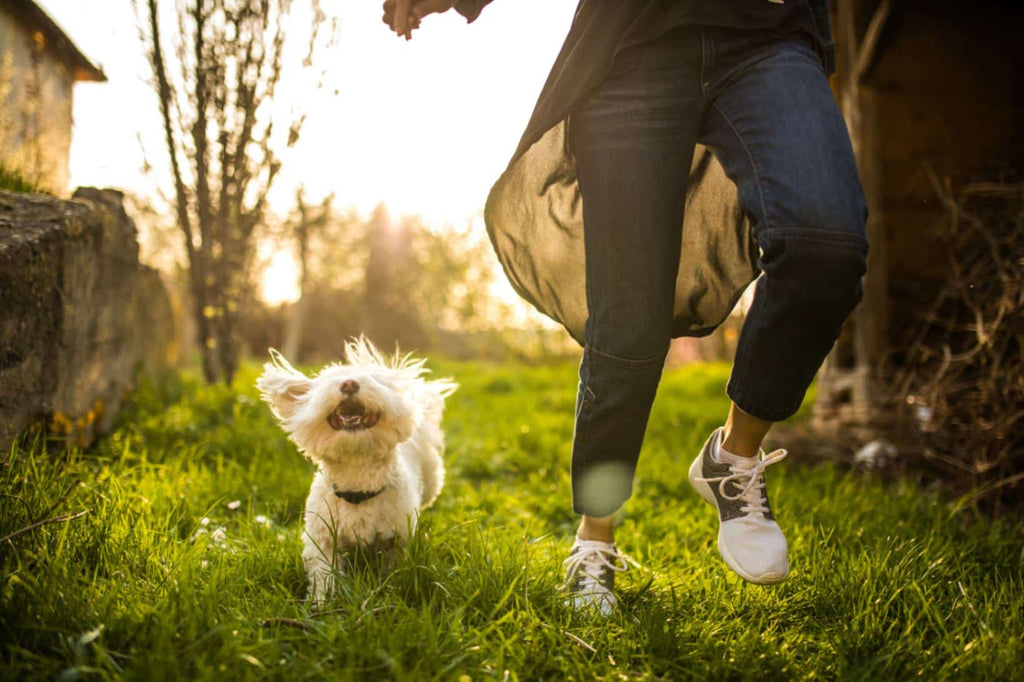
The Ultimate Guide to Adopting a Senior Dog: Providing a Loving Home for Older Pets

Adopting a senior dog can be an incredibly rewarding experience. Older dogs often come with unique challenges and joys, requiring a different approach to care than younger dogs. This comprehensive guide covers everything you need to know about adopting and caring for a senior dog, ensuring they enjoy a comfortable, happy, and healthy life in their new home.
Section 1: Why Adopt a Senior Dog?
1. Saving a Life: Senior dogs are often overlooked in shelters, yet they make wonderful companions. By adopting a senior dog, you're giving them a second chance at a happy life and helping to reduce shelter overcrowding (Fluffy Tamer) (DecsPets).
2. Known Temperament: Senior dogs typically have well-established personalities, making it easier to find a dog that matches your lifestyle. Their temperament and behavior are more predictable than those of a puppy (The Rich Groomer).
3. Training and Behavior: Many senior dogs are already house-trained and have basic obedience skills. This can save you time and effort compared to training a young puppy (Pet Services at your doorstep).
4. Calm and Mellow: Older dogs tend to be calmer and less energetic than younger dogs, making them a great choice for individuals or families looking for a more relaxed companion (The Rich Groomer).
Section 2: Preparing for Your Senior Dog
1. Home Preparation: Ensure your home is ready for your new senior dog:
- Comfortable Bedding: Provide a soft, supportive bed to ease joint pain and ensure comfort.
- Accessibility: Make your home easily navigable by removing obstacles and using ramps or stairs if needed.
- Safe Space: Create a quiet, safe area where your dog can retreat and relax.
2. Necessary Supplies: Gather essential supplies before bringing your senior dog home:
- Food and Water Bowls: Consider elevated bowls to make eating and drinking easier for dogs with arthritis.
- Quality Dog Food: Choose a senior-specific dog food that meets their nutritional needs.
- Medications: Have any necessary medications prescribed by your vet on hand.
3. Initial Vet Visit: Schedule a vet visit soon after adoption to assess your dog's health and discuss any specific care needs. This visit should include a thorough examination, blood work, and dental check.
Section 3: Nutrition for Senior Dogs
1. Dietary Needs: As dogs age, their nutritional requirements change:
- High-Quality Protein: Maintain muscle mass and overall health with easily digestible proteins like chicken, fish, and lamb.
- Fiber: Helps with digestion and prevents constipation. Include sources like pumpkin and sweet potatoes.
- Omega-3 Fatty Acids: Support joint health and reduce inflammation. Found in fish oil and flaxseed oil.
- Antioxidants: Boost the immune system and support cognitive function. Include fruits like blueberries and vegetables like spinach.
2. Feeding Schedule: Older dogs may benefit from smaller, more frequent meals to aid digestion and prevent weight gain. Monitor their weight and adjust portions accordingly.
3. Supplements: Consider adding supplements to your senior dog's diet to support their health:
- Glucosamine and Chondroitin: Help manage arthritis and joint pain.
- Probiotics: Support digestive health.
- Multivitamins: Ensure they receive all necessary nutrients.
Section 4: Exercise and Mobility
1. Importance of Exercise: Regular exercise is crucial for maintaining mobility, muscle mass, and mental stimulation in senior dogs. Tailor the exercise routine to their abilities:
- Gentle Walks: Short, frequent walks to keep them active without causing strain.
- Swimming: Low-impact exercise that supports joint health.
- Interactive Play: Gentle games that stimulate their mind and body.
2. Joint Care: Senior dogs are prone to arthritis and joint pain. To manage these conditions:
- Orthopedic Beds: Provide extra cushioning and support for their joints.
- Ramps and Stairs: Help them navigate furniture and get in and out of the car more easily.
- Massage and Physical Therapy: Improve circulation and flexibility.
3. Monitoring Activity Levels: Pay attention to signs of discomfort or fatigue. Adjust the intensity and duration of activities based on their needs and consult your vet for personalized exercise plans.
Section 5: Health Care for Senior Dogs
1. Regular Vet Check-Ups: Senior dogs should have bi-annual vet visits to monitor their health and catch any issues early. These visits should include:
- Blood Work: Check for kidney, liver, and thyroid function.
- Dental Exams: Address any dental issues to prevent pain and infection.
- Weight Monitoring: Ensure they maintain a healthy weight.
2. Managing Chronic Conditions: Many senior dogs develop chronic health conditions such as arthritis, diabetes, or heart disease. Management strategies include:
- Medications: Prescribed by your vet to manage pain, inflammation, or other symptoms.
- Special Diets: Tailored to their specific health needs.
- Regular Monitoring: Keep track of their symptoms and report any changes to your vet.
3. Dental Care: Dental health is crucial for senior dogs. Regular brushing, dental chews, and professional cleanings can prevent dental disease and improve overall health.
4. Cognitive Health: Senior dogs can experience cognitive decline, similar to dementia in humans. To support cognitive health:
- Mental Stimulation: Provide puzzle toys, training exercises, and new experiences.
- Consistent Routine: Helps reduce anxiety and confusion.
- Supplements: Omega-3 fatty acids and antioxidants can support brain health.
Section 6: Creating a Comfortable Environment
1. Home Modifications: Make adjustments to your home to accommodate your senior dog's needs:
- Non-Slip Flooring: Provide traction on slippery surfaces to prevent falls.
- Accessible Sleeping Areas: Ensure their bed is easy to access and provides adequate support.
- Temperature Control: Older dogs may have trouble regulating their body temperature. Keep their living area comfortable and provide blankets or cooling mats as needed.
2. Managing Anxiety: Senior dogs can become more anxious or stressed. To help them feel secure:
- Safe Spaces: Create a quiet, comfortable area where they can retreat.
- Calming Products: Use pheromone diffusers, calming supplements, or anxiety wraps.
- Routine: Maintain a consistent daily schedule to reduce uncertainty and stress.
3. Companionship: Social interaction is important for your senior dog's emotional well-being. Spend quality time with them, provide gentle affection, and consider pet-friendly social activities if they enjoy being around other dogs.
Section 7: End-of-Life Care
1. Recognizing Quality of Life: It's important to regularly assess your dog's quality of life. Consider their ability to enjoy daily activities, their comfort level, and overall happiness. Use quality of life scales or consult your vet for guidance.
2. Hospice and Palliative Care: If your dog is experiencing significant health issues, hospice or palliative care can help manage pain and ensure comfort. This can include:
- Pain Management: Medications and therapies to alleviate discomfort.
- Supportive Care: Assistance with mobility, feeding, and hygiene.
3. Making Difficult Decisions: Deciding when to say goodbye is one of the hardest parts of pet ownership. Consult with your vet, consider your dog's quality of life, and take the time you need to make a compassionate decision.
4. Grieving and Memorializing: Grieving the loss of a pet is a natural process. Seek support from friends, family, or pet loss support groups. Create a memorial or keepsake to honor your dog's memory.
Conclusion
Adopting a senior dog requires understanding their changing needs and making adjustments to ensure they live a comfortable and happy life. By focusing on proper nutrition, regular exercise, diligent health care, and creating a supportive environment, you can help your senior dog enjoy their golden years to the fullest. Remember, the love and companionship you share with your senior dog are invaluable, and your efforts will make a significant difference in their quality of life.
FAQs:
Q: How often should I take my senior dog to the vet? A: Senior dogs should have bi-annual vet visits to monitor their health and address any issues early.
Q: What diet changes are needed for a senior dog? A: Senior dogs may need lower-calorie diets with high-quality protein, fiber, and joint supplements like glucosamine and chondroitin.
Q: How can I keep my senior dog active? A: Gentle walks, swimming, and interactive play can help maintain mobility and mental stimulation. Tailor activities to their abilities.
Q: What are common health issues in senior dogs? A: Common issues include arthritis, dental disease, cognitive decline, and chronic conditions like diabetes or heart disease.
Q: How do I create a comfortable environment for my senior dog? A: Provide orthopedic beds, non-slip flooring, and accessible sleeping areas. Maintain a consistent routine and offer calming products if needed.






